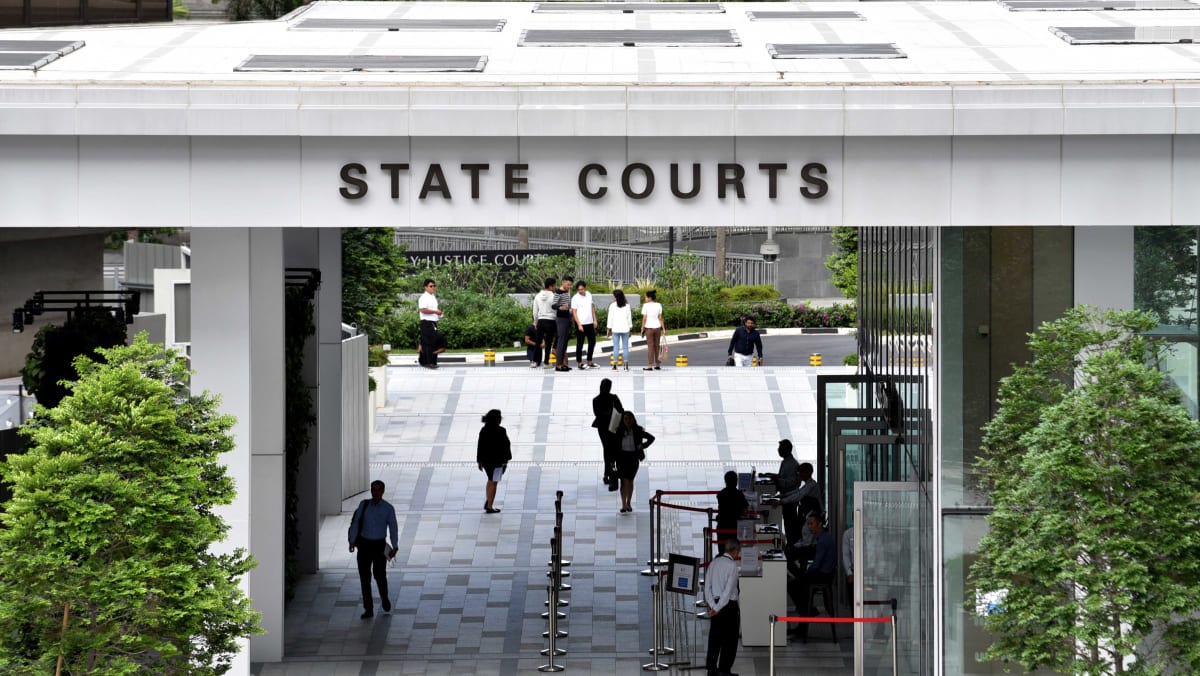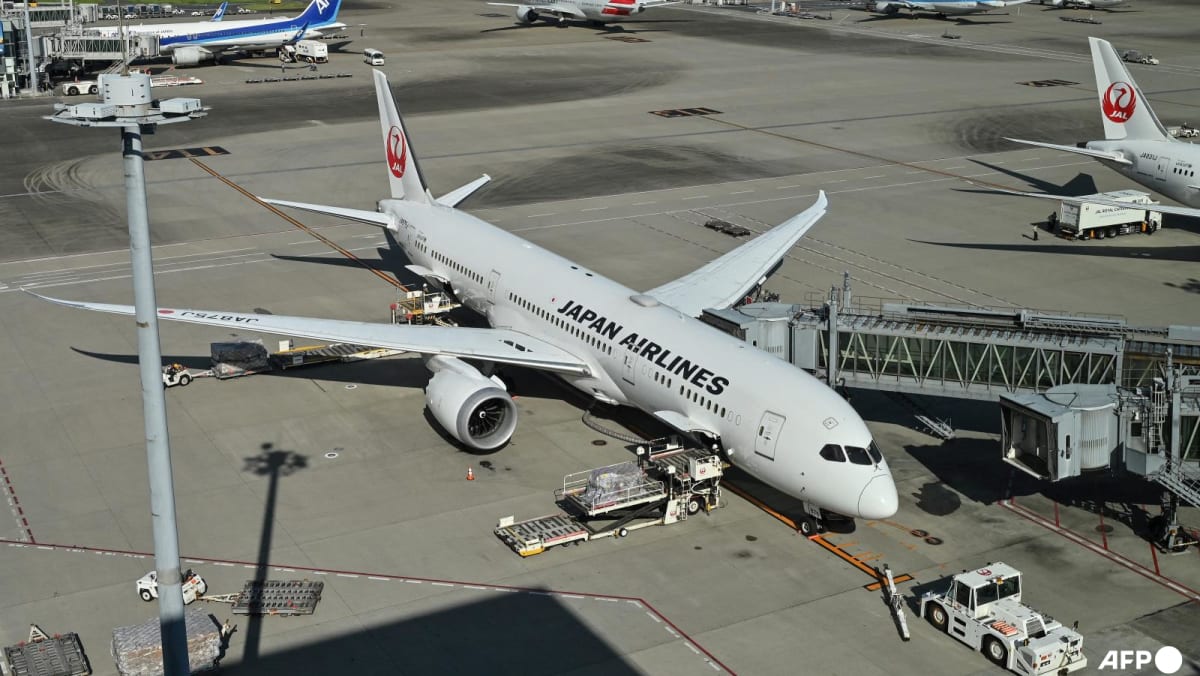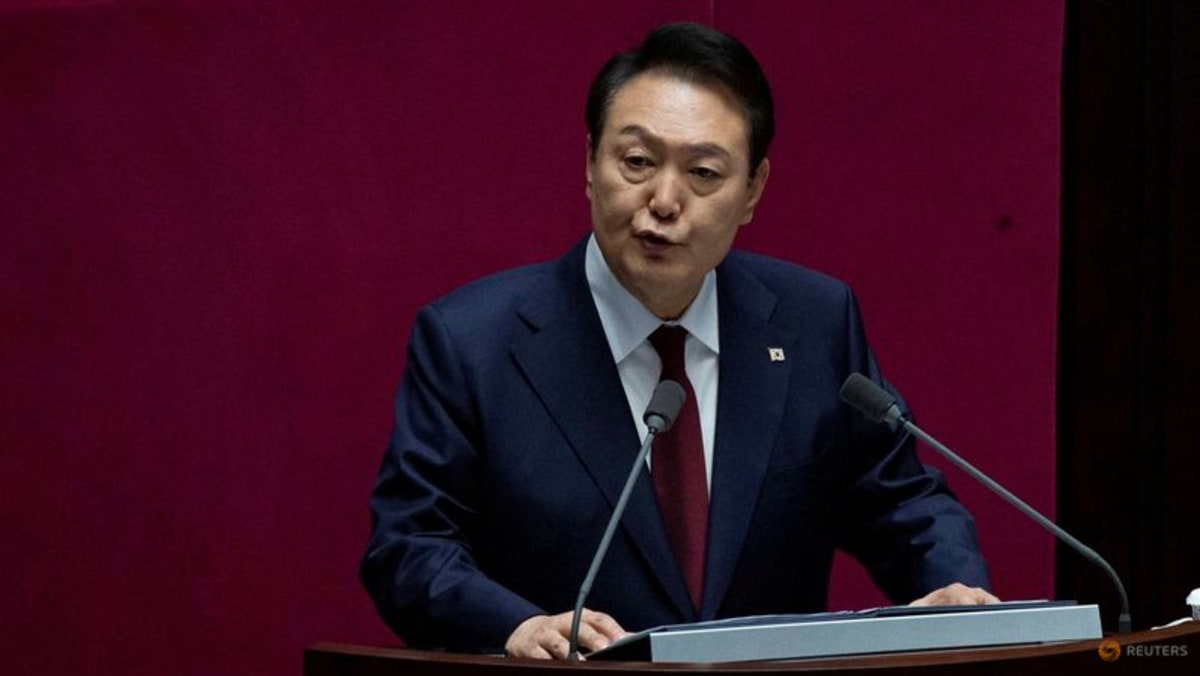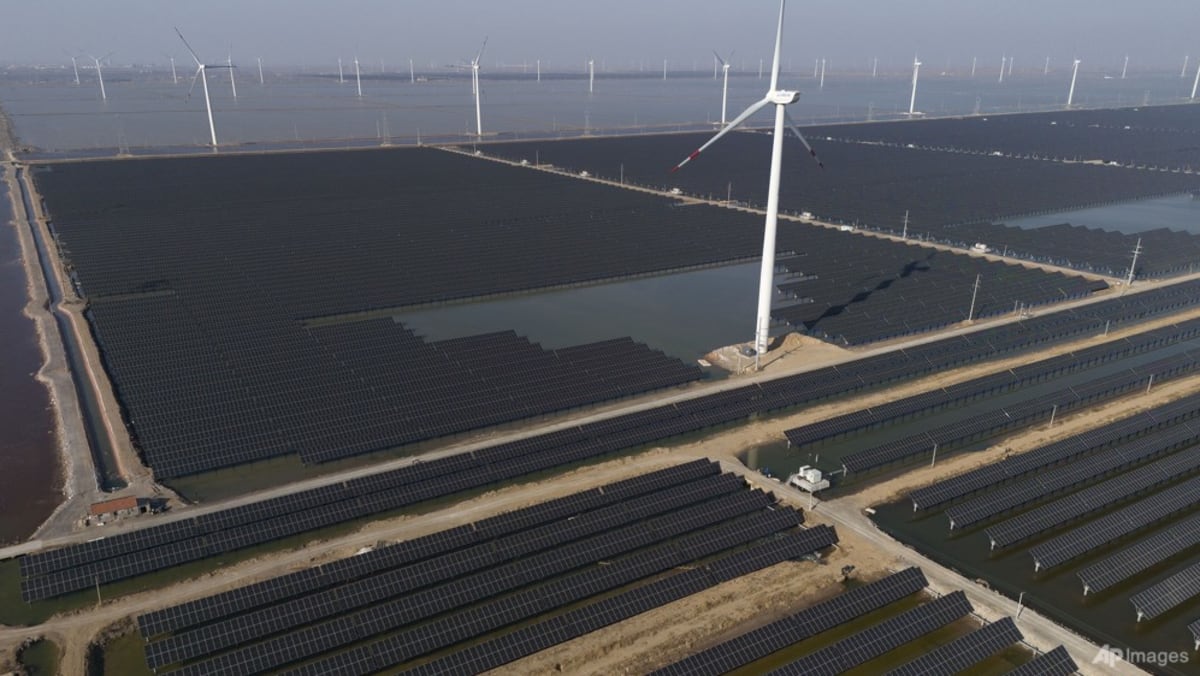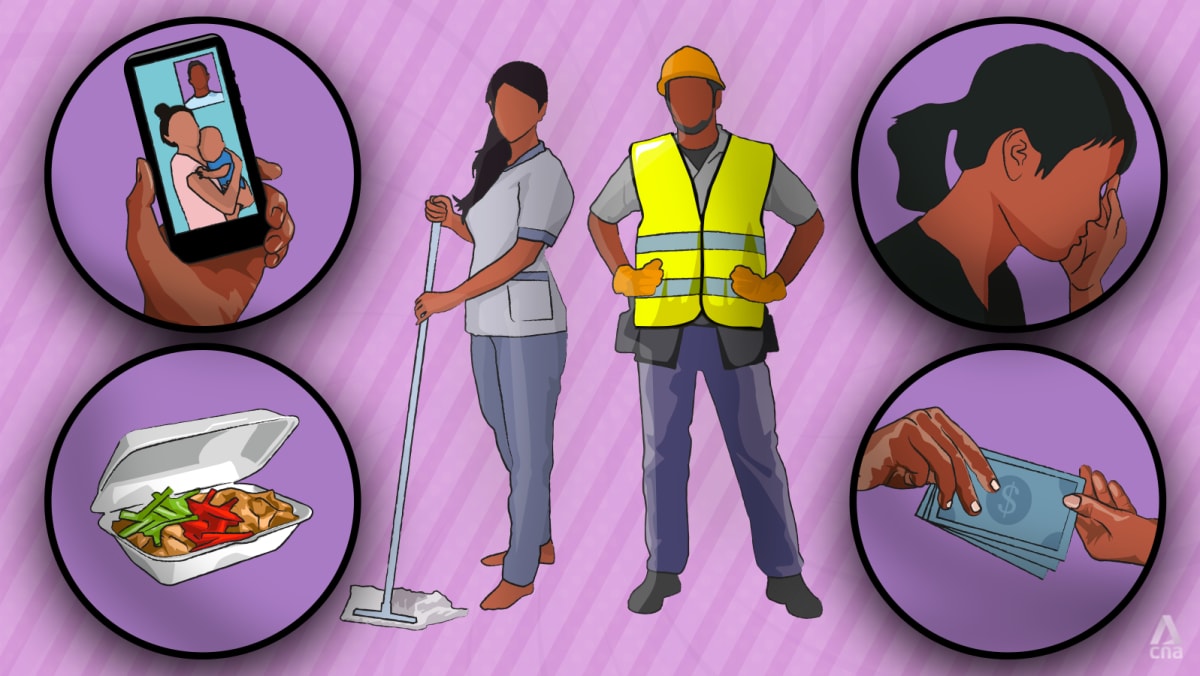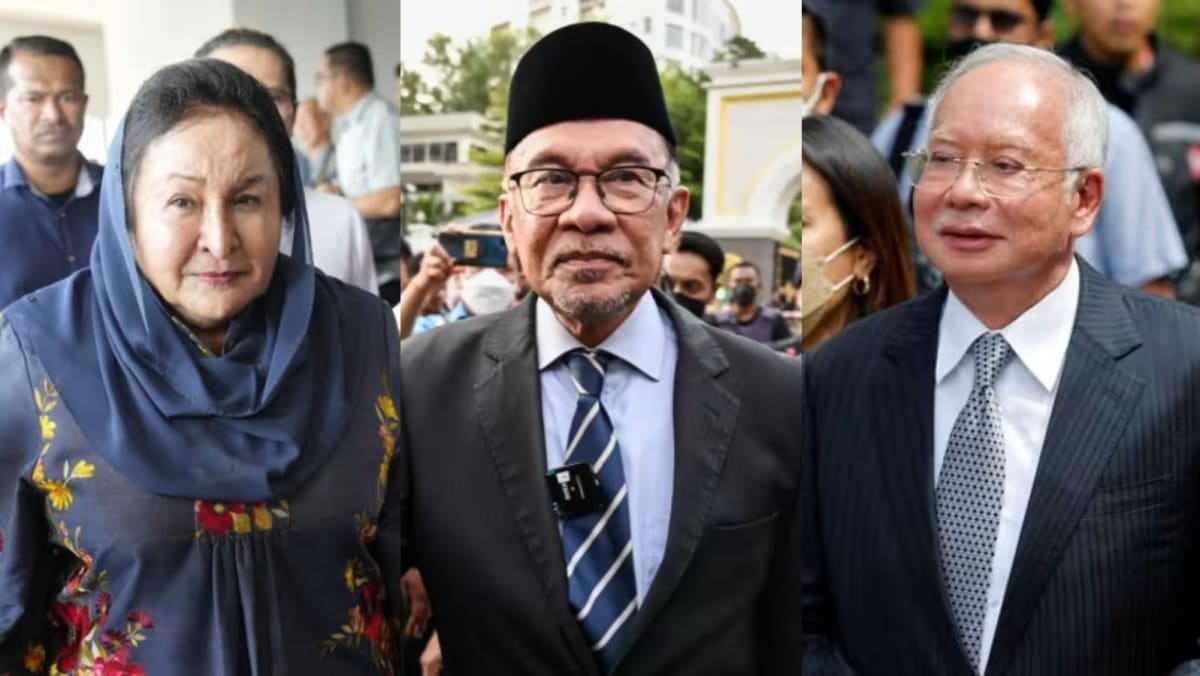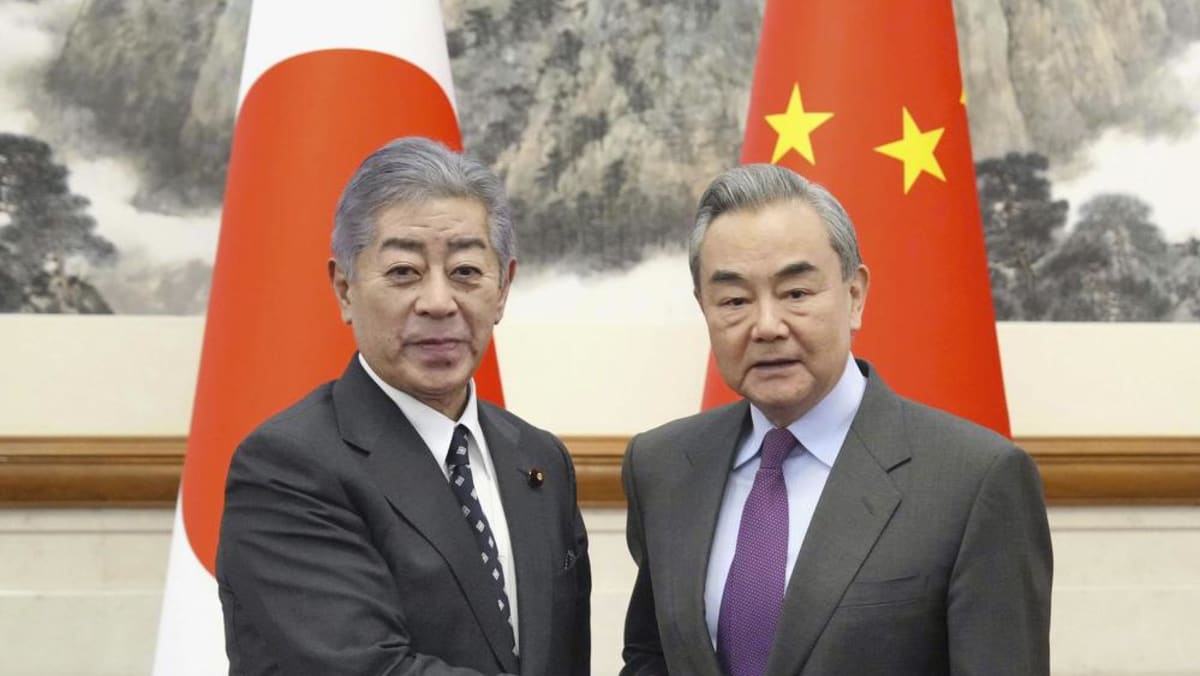Relations between the neighbouring countries are in a “critical period of improvement and development”, Chinese President Xi Jinping said last month when he met Japanese Prime Minister Shigeru Ishiba on the sidelines of the Asia-Pacific Economic Cooperation forum in Lima, Peru.
Xi said both should “be partners, not threats”.
Trade partners with close economic and investment ties but rivals in security and territorial claims, China-Japan ties are complicated with long-standing geopolitical disagreements and historical wartime sensitivities.
The first Japanese foreign minister to visit since April last year, Iwaya may raise his country’s concerns about Chinese military activities around Japan as well as regional issues including North Korea.
Japan expressed “grave concern” last month over North Korea’s security alliance with Russia in which North Korea stands to gain advanced military technology and combat experience.
Ukrainian and allied assessments show Pyongyang has sent around 12,000 troops to support Russia’s war in Ukraine. Ukraine warned this week that North Korea could send more personnel and equipment for Moscow’s army.
On less testy topics, China could prod Japan for reciprocity in visa policies.
China last month expanded its visa-free arrangements to include Japan until the end of 2025, restoring a policy that was suspended during the pandemic.
The country, which has been adding countries to its visa-free list, also extended the stay period from 15 days to 30. Japanese citizens were able to enter China without a visa for up to 14 days before COVID-19.
Japan has not decided on a reciprocal move but China has said it hopes Japan would work towards improving people exchanges between the two countries.
